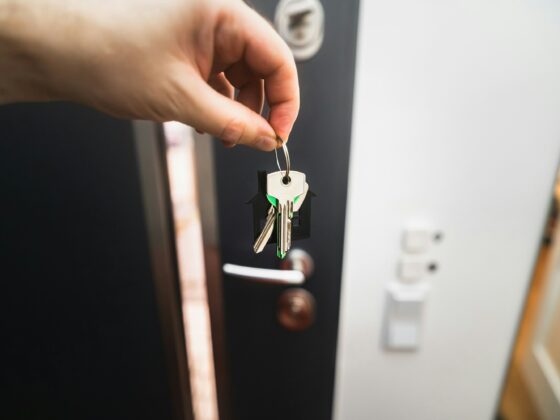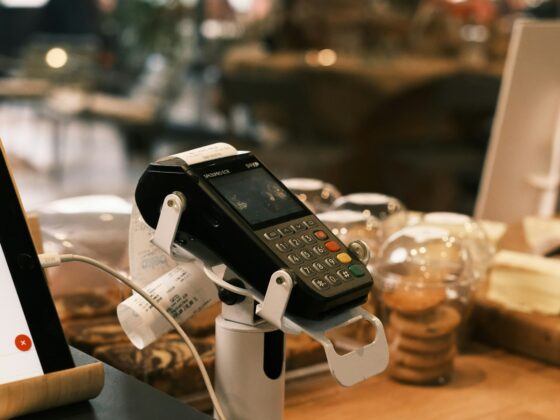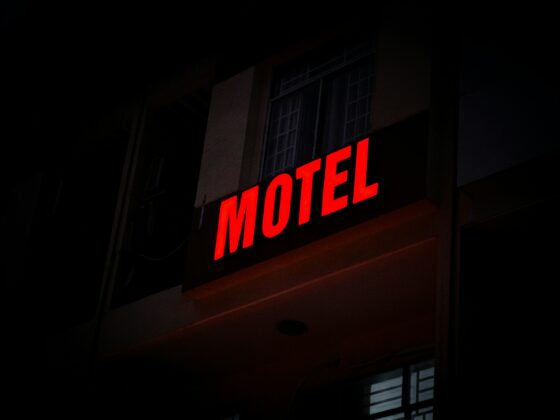
Other sites that are a constant source of customer complaints include:
- Reservations.com
- HotelValues.com
- GetARoom.com
- Traveluro.com
- ReservationDesk.com
- Roomstays.com
- HotelsOne.com
- HotelPower.com
- Travnow.com
- Travelnado.com
And here’s the part no one wants to admit: this isn’t a niche problem. It’s not a rare scam for the careless or uninformed. It’s a systemic issue at a global scale — an industry-wide erosion of trust that’s bleeding billions from the travel economy and quietly reshaping consumer behavior. This is fraud in its most evolved form: legitimized by algorithms, protected by ad dollars, and disguised as convenience.
The emotional cost? Devastating. Weddings derailed. Bucket-list trips shattered. Families stranded. Guests show up believing they booked directly with the hotel — only to be met with confusion, no record, no refund, and no one taking responsibility. No one is safe. This could easily be you, booking your next vacation.
What makes this even more disturbing is that these fraudulent sites aren’t just fooling guests — they’re actively driving up marketing costs for legitimate hotels. By bidding aggressively on Google Ads using brand keywords, fake booking platforms force real hotels to pay more just to appear alongside their own name in search results. It’s a vicious cycle: the more successful and recognizable a hotel brand becomes, the more it attracts impersonators. After years of investment in guest trust, branding, and online reputation, a hotel can see its digital presence hijacked in seconds. It’s appalling. Hotels are forced to fight — and pay — for visibility in a marketplace that increasingly rewards the very scammers eroding consumer trust.
This isn’t just a tech problem. It’s an industry credibility crisis. And it’s time we treat it like one.
Regulators Sound the Alarm — But It’s Not Enough
The issue became so pressing that Europe has initiated a battle against hotel booking scams. The UK’s Competition and Markets Authority (CMA) launched a major investigation into OTAs in 2018, uncovering misleading discount claims, hidden fees, and pressure-selling tactics.
The European Commission followed suit, coordinating with national watchdogs to pressure platforms into compliance with consumer law. And yet, the fraud continues.
Across the Atlantic, members of the U.S. Senate tried to introduce bipartisan legislation — the Stop Online Booking Scams Act 2019 — to crack down on fraudulent third-party booking websites. The proposed law aimed to require greater transparency from online travel agents and protect consumers from being misled, highlighting just how rapidly the problem was escalating. That, like so many other attempts, failed to fix the problem.
From the United Kingdom to the United States, from Singapore to Spain, consumers are being misled, defrauded, or manipulated daily. In Europe, phishing scams have even targeted guests on Booking.com directly through its own messaging system.
A Ray of Hope: “Verified by roomangel” Official Website Stamp
In 2024, a not-for-profit initiative based in London emerged to challenge the status quo. The roomangel Foundation introduced the “Verified by roomangel” stamp. Displayed on a hotel’s official website to confirm its authenticity, it’s more than just a badge, it marks a revolution in consumer protection, with full regulatory oversight.
The premise is simple but powerful: verify hotel websites and booking engines to give travelers the confidence to book safely. When consumers see the “Verified by roomangel” stamp, they instantly know two things — first, that the website is legitimate and secure, and second, that the rate they’re seeing has been independently evaluated for fairness. This removes the guesswork and anxiety that often accompany online bookings, especially in an age of rising digital fraud. With one trusted signal, travelers can finally make informed decisions and book directly, without fear of scams, inflated prices, or middleman manipulation.
Hotels undergo roomangel’s independent verification process. “Verified by roomangel” is not just a badge — it’s a promise. A promise to protect guests and grow their confidence to book direct. Hoteliers can request to add the stamp on their website at no cost by contacting the foundation here.





